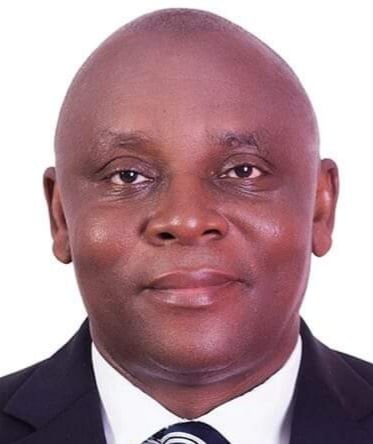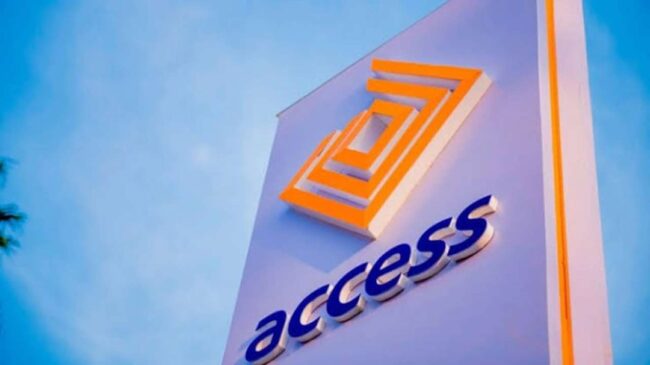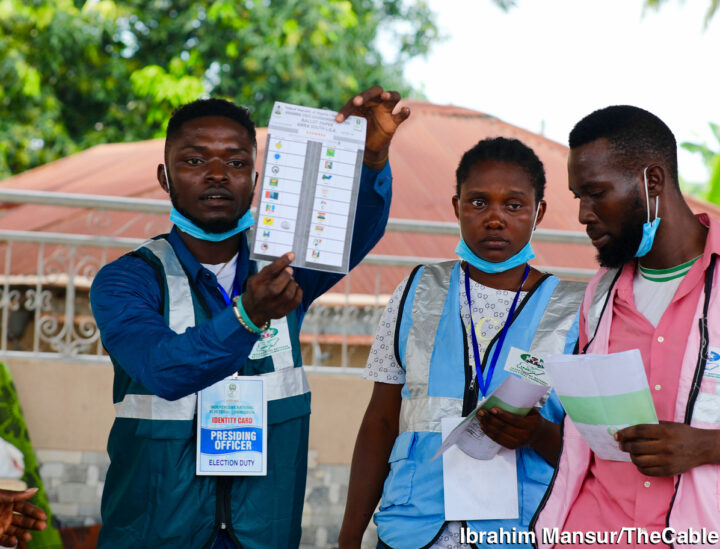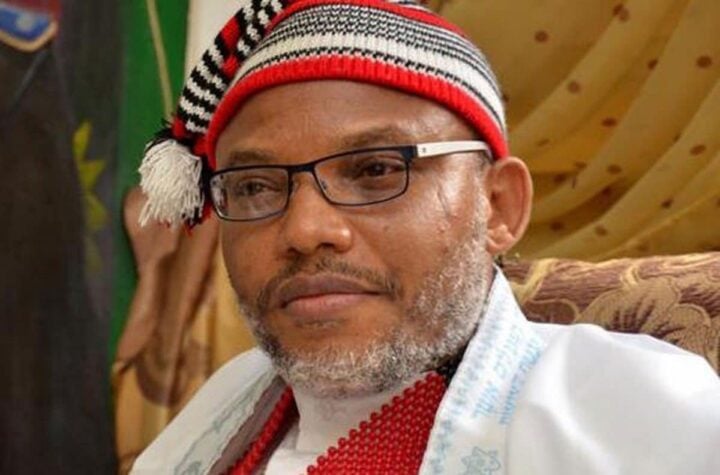This March marks twenty years since two young Nigerian bankers – Aigboje Aig-Imoukhuede and Herbert Wigwe – bought a small, nondescript bank and turned it into one of the biggest lenders in the country with subsidiaries across Africa, Europe and Asia. It was on March 22, 2002, that the two, both aged 37, walked into Plot 1669 Oyin Jolayemi Street, Victoria Island, Lagos, which was then the corporate headquarters of the bank to assume duty and full control as the managing director and deputy managing director. The acquisition process had taken about two years and entailed rigorous negotiations, sleepless hours of paper work and long meetings. It was one of the most audacious takeovers in the history of the nation’s financial industry. The phenomenal growth of Access Bank in the last two decades has become a very inspiring success story. Aig-Imoukhuede has since written a book on the transaction, and I will like to, once again, recommend it to our young entrepreneurs for the useful lessons therein.
I’m not sure if the bank will roll out the drums to celebrate this anniversary. Although the mood of the nation now does not call for elaborate commemorations and lavish festivities, it would be impossible not to mark it. I recall that in 2012 we only had a thanksgiving church service to mark the 10th anniversary. We were excited at the bank’s transformation and rapid growth. Aigboje and Herbert have always been careful not to flaunt their accomplishments.
Soon after the takeover, the bank embarked on a five-year transformation agenda, and two years into the plan, the CBN announced the N25 billion capitalisation deadline set for end of December 2005. The bank’s management went to work, and as Aig-Imoukhuede writes in his book ‘Leaving the Tarmac’: “Not only were we in a position to raise the money we needed, we had also been given permission to look at possible mergers and acquisitions”. The bank mobilised its workforce and quickly raised N15 billion in a public offer, acquired two other small banks, Capital and Marina, and convinced FMO, the Netherland development finance company, to become an institutional investor through the conversion of a $15 million term loan it earlier gave to the bank. With the N25 billion capitalisation met, the race to the top became a matter of compulsion to the new owners. They then embarked on aggressive drive to raise money both from local and foreign capital markets.
Between 2006 and 2007, the bank raised a local bond issue of N11.9 billion and in 2007 it raised N136 billion in public offerings, including a highly successful and oversubscribed GDR (global depository receipt) and established Access Bank UK. I joined the bank in June 2008, the beginning of the second five-year transformation plan. Every action was geared at taking the institution to the top. Between 2009 and 2011, the bank passed CBN’s special audit on governance, liquidity and capital adequacy conducted under the tough-talking Sanusi Lamido Sanusi. Three major achievements were also recorded. The bank was awarded IFC sustainable bank of the year; it acquired Intercontinental Bank and was ranked the fourth largest bank in Nigeria as a result of the acquisition.
Advertisement
With these successes, a huge surge of confidence and can-do spirit have by now swept through the entire workforce. Staffers went through a rigorous process of reorientation and change of the bank’s vision and mission; and with business combination with Intercontinental completed in 2012, management staff assumed bigger roles and responsibilities. Access Bank became one of the favourite places to work for bankers from other institutions. We were enjoying the pulsating work pace and dynamic work environment, enthralled in seeing the dream of being in the top five becoming a reality year after year.
That same 2012 and spanning 2013, the bank raised $350 million Eurobond in the international market and divested from non-banking subsidiaries. It was also designated as a significant important financial institution (SiFi) by the CBN, one of the very few in the industry. This means a recognition of its huge footprint in the economy, the integrity and respect of its leaders and the fact that the bank could not be allowed to fail under any circumstance. It is for this reason that the CBN recently intervened in the board and management composition of one bank. Another huge milestone came in 2014 when Access Bank issued $400 million subordinated note (tier 2 bond) and transited into a large diversified banking institution.
It was in January 2014 that Herbert Wigwe assumed duty as the group managing director & chief executive after the retirement of Aigboje Aig-Imoukhuede late 2013. The change in the executive suite was smooth and rancor-free, unlike what we see in some other places. With enormous goodwill and attractive brand equity, the bank continues to outpace its contemporaries. In 2017, it further shored up its capital by raising N42 billion through rights issue and issued another $300 million subordinated note.
Advertisement
But it was its merger with Diamond Bank in 2018 that catapulted Access Bank to the number one slot in at least some parameters: assets and retail business with 646 branches. It also recorded the biggest channel touchpoints: 38 million cards; 3,000 ATMs and 34,000 POS terminals. In 2019, the bank issued the first green bond in Nigeria. In 2020, it expanded its African business into Kenya and Mozambique and became the first Nigerian bank to set up shop in South Africa. A few weeks ago, the South African ambassador to Nigeria was on TV commending the bank for establishing a branch in his country.
Last month, the bank announced its plan to restructure into a holding company, indicating a strategic diversification into growth areas like the fintech business. The next 20 years will be very exciting for Access Bank. I see it landing in New York, Paris and many other places in the Northern Hemisphere. I congratulate the board, management and staff on these achievements. It is my wish that the bank continues to support the underprivileged members of the society in its CSR programs and the aspirations of the government in making our economy more diversified and productive. Let me conclude by paying my tribute to former staff of the bank who believed in the vision and the visionners. They worked hard; were loyal, committed and dedicated. Let me also commend Aig and Herbert for their discipline, hard work, integrity and professionalism. Their determination to fulfill the dream has been very inspiring.
Etim, a former staff of Access Bank, writes from Abuja
Advertisement
Views expressed by contributors are strictly personal and not of TheCable.
Add a comment







